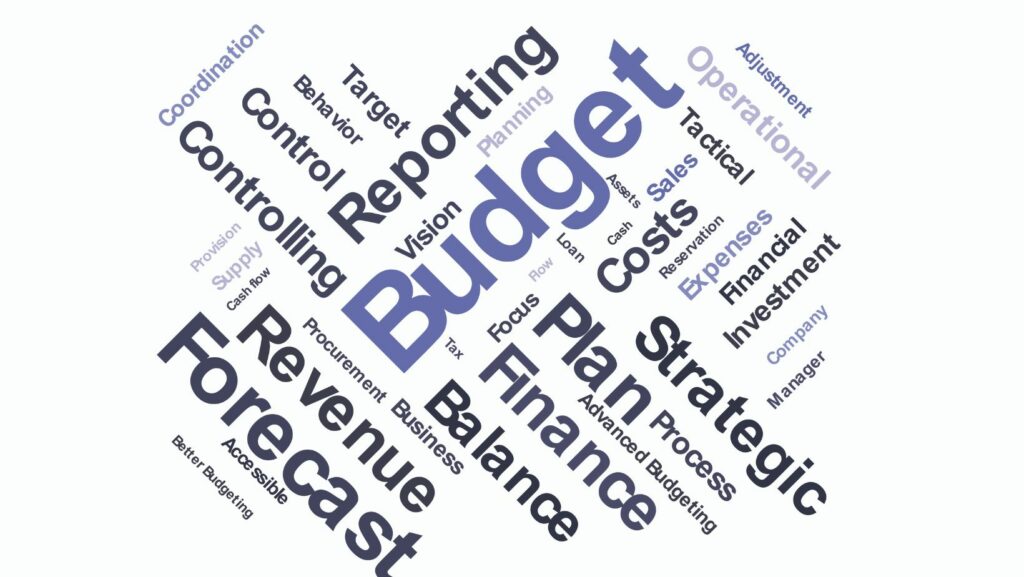Everyone dreams of financial freedom, but the journey often starts with mastering the art of budgeting. In a world where expenses can quickly spiral out of control, finding effective ways to manage money is crucial. Budgeting hacks can transform a chaotic financial situation into a well-organized, stress-free lifestyle.
Budgeting Hacks
Track Every Expense
Track each expense daily to gain a clear picture of spending. Use apps like Mint or YNAB for easy tracking. Keep receipts and note cash expenditures. Identifying patterns becomes simpler this way.
Use the 50/30/20 Rule
Allocate your income using the 50/30/20 rule. Dedicate 50% to needs like rent and groceries, 30% to wants like dining out and hobbies, and 20% to savings or paying off debt. This method ensures balanced spending.
Automate Savings
 Automate savings for consistency. Set up automatic transfers from your checking account to a savings account. For example, schedule transfers on payday.
Automate savings for consistency. Set up automatic transfers from your checking account to a savings account. For example, schedule transfers on payday.
Buy non-perishables like toilet paper and rice in bulk to save money. Warehouses like Costco and Sam’s Club offer significant discounts on bulk purchases. Ensure items are used before expiration.
Limit Dining Out
Limit dining out to special occasions. Cooking at home costs less and is often healthier. Plan weekly meals and use a grocery list to avoid impulse buys.
Use Cashback Apps
Use cashback apps like Rakuten and Honey. These apps provide cashback or discounts on online purchases. Stack deals for additional savings.
Analyze Subscriptions
Analyze subscriptions quarterly. Cancel unused memberships, such as streaming services. Utilize free trials and evaluate before committing.
Negotiate Bills
Negotiate bills yearly. Call service providers to lower rates for internet, cable, or insurance. Mention competitors’ offers and request matching rates.
Planning Your Budget
 Careful planning is crucial for a successful budget. Understanding your financial priorities simplifies the process of creating and adhering to a budget.
Careful planning is crucial for a successful budget. Understanding your financial priorities simplifies the process of creating and adhering to a budget.
Establish clear financial goals for effective budgeting. Identify short-term and long-term objectives. Short-term goals include building an emergency fund, while long-term goals involve saving for retirement or buying a home. Write down these goals with specific amounts and deadlines to maintain focus and track progress efficiently.
Tracking Your Expenses
Track expenses meticulously to avoid overspending. Record daily purchases using a spreadsheet, budgeting app, or financial software. Categorize expenditures like groceries, utilities, and entertainment to identify spending patterns. Regularly evaluate your expense log to ensure alignment with your financial goals and make necessary adjustments.
Saving Money on Necessities
Smart Grocery Shopping
Planning meals helps reduce grocery costs. Create a weekly meal plan and make a list before shopping. Avoid shopping hungry to prevent impulse buys. Generic brands offer quality comparable to name brands but at a lower price. Use coupons and store loyalty programs for additional savings.
Utility Bill Reduction
 Reducing utility bills involves several strategies. Switch to energy-efficient appliances, use programmable thermostats, and seal windows and doors to conserve energy. Unplug electronics when not in use to reduce phantom power consumption. Water-saving fixtures help lower water bills.
Reducing utility bills involves several strategies. Switch to energy-efficient appliances, use programmable thermostats, and seal windows and doors to conserve energy. Unplug electronics when not in use to reduce phantom power consumption. Water-saving fixtures help lower water bills.
Opt for public transportation or carpooling if possible. Biking or walking not only saves money but also promotes health. Maintain vehicles regularly to avoid costly repairs and improve fuel efficiency. Consider insurance plans that offer discounts for safe driving or low mileage. Reviewing essential services and comparing providers through resources like Utility Bidder can be a practical way to cut utility costs and stay on track with your budgeting goals.
Clothing on a Budget
Buy clothes during off-season sales for better prices. Thrift stores and online marketplaces offer quality clothing at a fraction of the cost. Organize clothing swaps with friends to refresh wardrobes without spending. Prioritize investment in high-quality, versatile pieces that last longer.
Utilizing Technology
Leveraging technology can significantly enhance budgeting efforts. Numerous apps and online tools are available to help track expenses, set financial goals, and automate savings. These platforms provide real-time insights into spending habits, making it easier to identify areas for improvement. By integrating these digital solutions into their financial routine, individuals can streamline their budgeting process and stay on top of their financial health. Embracing these technological advancements ensures a more organized and efficient approach to managing money, ultimately paving the way for sustained financial stability and success.

